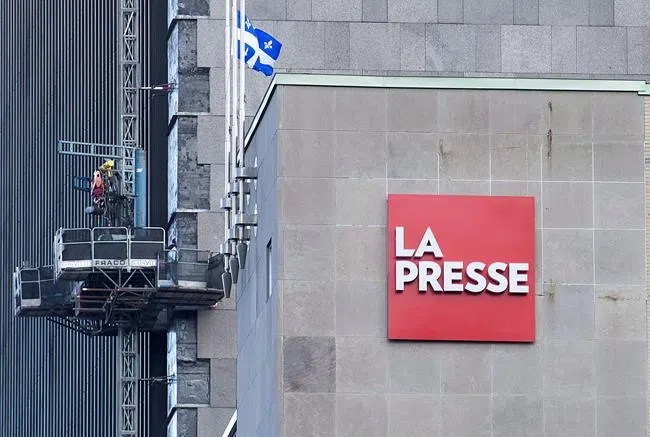
New tax credit could pay for two months access to online news sites
OTTAWA — A tax credit Ottawa is promising to encourage more Canadians to pay for online news will roughly cover two months of a digital subscription fee.
The tax credit is one of three components of a $595-million, five-year boost for the ailing media industry promised by Finance Minister Bill Morneau in last week’s fall fiscal update — along with tax credit for the labour costs news companies incur to produce original content and offering charitable status to non-profit media organizations.
The tax credit will be worth 15 per cent of the cost of a subscription, although Finance Canada spokesman Jack Aubry says the actual dollar amount someone will save depends on the cost of a subscription.
For example, Aubry says someone who pays $200 a year to get access to a news site online would be entitled to a tax credit worth $30.
